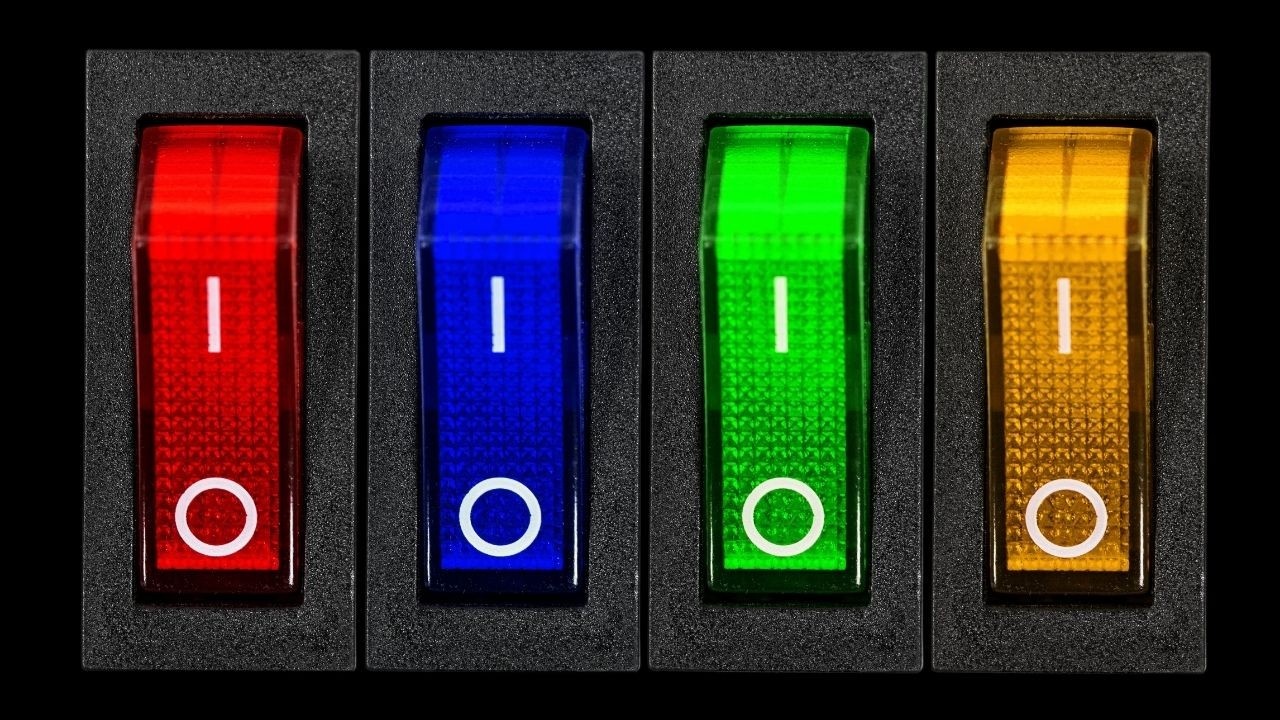What Buttons Are You Pushing?

I can't believe what he said. Did you read that?
Without skipping a beat, the words he read created anger and action.
The next thing you know, he donated to the campaign and made a point to tell the world about it, too.
Does that situation sound familiar?
During the past (insert campaign or movement here), it was a familiar sound for many people who were being sucked into the vortex.
What Buttons Are You Pushing?
Did you know that angry people are easier to persuade?
Don't believe me? Think about the news or online posts you've seen over the past six months, years, or even the past few decades.
Conspiracy theories, political posturing, facts versus fiction—anger permeates our society and is used to signal that something is wrong and needs to be changed.
Anger is such a powerful emotion that many use it in their speeches, promotions, and news coverage.
Anger is even used to get people to buy something or vote.
Why? Because many know that the emotion of anger will stir you up by increasing adrenaline, causing your blood pressure to rise, and triggering a desire to right wrongs.
Negative motivation, rage, irrational anger, outrage, etc., are used as hooks to get your attention, lure you in, and provoke you to take action in the heat of the moment.
If positioned the right way, anger will get people to donate to causes or buy something they may or may not need.
Some people feel righteous anger, take offense, and rise up in a protective role.
(Don't get me wrong. There is no question that getting involved to end things like hatred, cruelty, and oppression makes taking redemptive action right.)
Others experience righteous indignation by sitting back with "Holy duct-tape" over their mouth, so they don't say the wrong thing.
You may notice that anger-fueled copy provokes corruption, offense, inconsideration, shocking, and spiteful messaging.
When you see that happening, consider changing the channel or scrolling to another page.
Instead of pushing buttons to make people angry, why not offer people peace and love?
Use Love Instead of Anger
Here are some ways to use love, instead of anger, to connect with your customers:
Build Relationships. Showcase how using your expertise or products will build community, create friendships, or strengthen relationships.
If you're a jeweler, you might show a diamond engagement ring with the caption: "How to make two months' salary last forever?" (DeBeers used a version of this in their marketing effectively)
If you have a community membership, write encouraging content with quotes and stories that show specific steps for cultivating relationships. (I used this approach for a client with a Christian-based community)
If you're a clothier, you may use images and copy to show happy people wearing your clothes and describing the positive experiences customers had with them.
In the past, American Eagle's campaigns did this well with captions like: "We the People Live in AE Jeans."
Offer Transformation. Touch on the problems your specific audience experiences and show you understand their pain.
But don't stay there long, because you need to give them hope. Show them how what you sell transforms their situation.
Are you hiding from (specific type) pain? I understand because I've been there, too. I know what it is like to: (insert descriptive bulleted list).
The good news is there's a way to (describe your results.)
(I've used this framework time and again for a variety of clients.)
What If You Could Access (What You'reYou're Offering) to (Specific Results Your Audience Wants?
Our (speakers/resource/course, etc.) will give you proven success tips to help you both: (insert descriptive result to end the sentence or as a specific bulleted list.)
(This framework is another one of my favorites to use when I write.)
Remember, you're using love and encouraging words to show you understand their pain and offer a solution that delivers specific results.
Common phrases you'll see used include love, peace, commitment, devotion, community, adore, cherish, acceptance, happiness. Notice there is no twisted anger or hate in this approach.
Sure, angry people are easier to persuade. But anger taps into hatred, bitterness, and regret, which has no place in joyful copywriting.
Angry encounters never have happy endings. Instead of anger, use love to listen and respond.
When you're tempted to push buttons and use anger to get what you want, let me encourage you to stop and turn it over to God.
Apply liberal amounts of that Holy duct-tape if you need to avoid saying the wrong thing. (If you need to borrow some of mine, let me know.)
What do you think? Should anger be used to create action or advocate for change? Send me an email and let me know what you think. (Seriously, I'd love to hear from you.)
